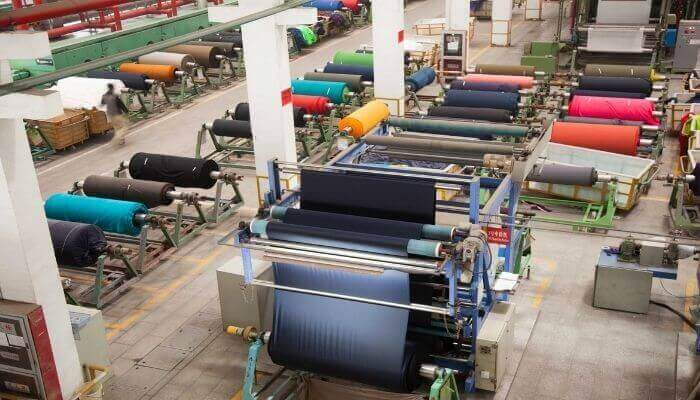Textile union under the aegis of Nigeria Union of Textile, Garment and Tailoring Workers of Nigeria (NUTGTWN) has blamed the dwindling fortune of textile industry on the federal government’s insincerity of purpose, policy somersault and lip service to the dwindling fortune of the sector which was one of the largest employers of labour in years past.
Although, the industry is faced with all the multiple obstacles, The textile union is optimistic of creating of more 1.4 million jobs, following the new partnership, “The ongoing partnership with International Cotton Advisory Committee (ICAC) to rejuvenate the nation’s cotton and textile industry is aiming to create over 1.4 million jobs annually,” he noted.
Still irked that, despite Executive Order 003, which was passed into law by the government seven years ago, lip-services to the implementation of this Order has limited the growth of the industry.
The president of the National Union of Textile, Garment and Tailoring Workers of Nigeria (NUTGTWN), Comrade Peters Godonu Honfu also blamed the dearth of the sector on near-zero electricity supply.
In a chat with LEADERSHIP, Comrade Godonu lamented that, despite government promises to revitalise the sector that holds numerous potentials for the economy, not much has happened.
The union helmsman expressed his disappointment over the non-implementation of the federal government. “Though there is an existing importation ban on finished textiles, and though there is Executive Order 003, which is meant to protect domestic manufacturers, smuggling is still crumbling the sector because of lack of implementation of the Order 003,” he stressed.
Data obtained from the National Bureau of Statistics (NBS) from 2019 to 2023 revealed a steady rise in textile imports.
Total textile trade within the period was N1.5 trillion, with imports totaling N1.4 trillion, representing 96.5 per cent, while exports amounted to N50.7 billion (3.5 per cent), indicating a total textile trade deficit of N1.384 trillion and highlighting a significant reliance on imported textile products.
In 2019, NBS reported that N220.5 billion worth of textile products were imported into the country; N182.5 billion in 2020; N278.8 billion in 2021, and N365.5 billion in 2022.
In a chat with LEADERSHIP, Olajide Akowe blamed Nigerian textiles over the ‘seemingly unpatriotic’ patronising of smuggling textiles because of low quality and high cost. The imported and smuggled textiles are cheaper. Our Made-in-Nigeria Adire are of low quality and more expensive unlike smuggled ones.”
We’ve got the edge. Get real-time reports, breaking scoops, and exclusive angles delivered straight to your phone. Don’t settle for stale news. Join LEADERSHIP NEWS on WhatsApp for 24/7 updates →
Join Our WhatsApp Channel










